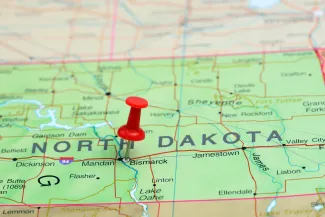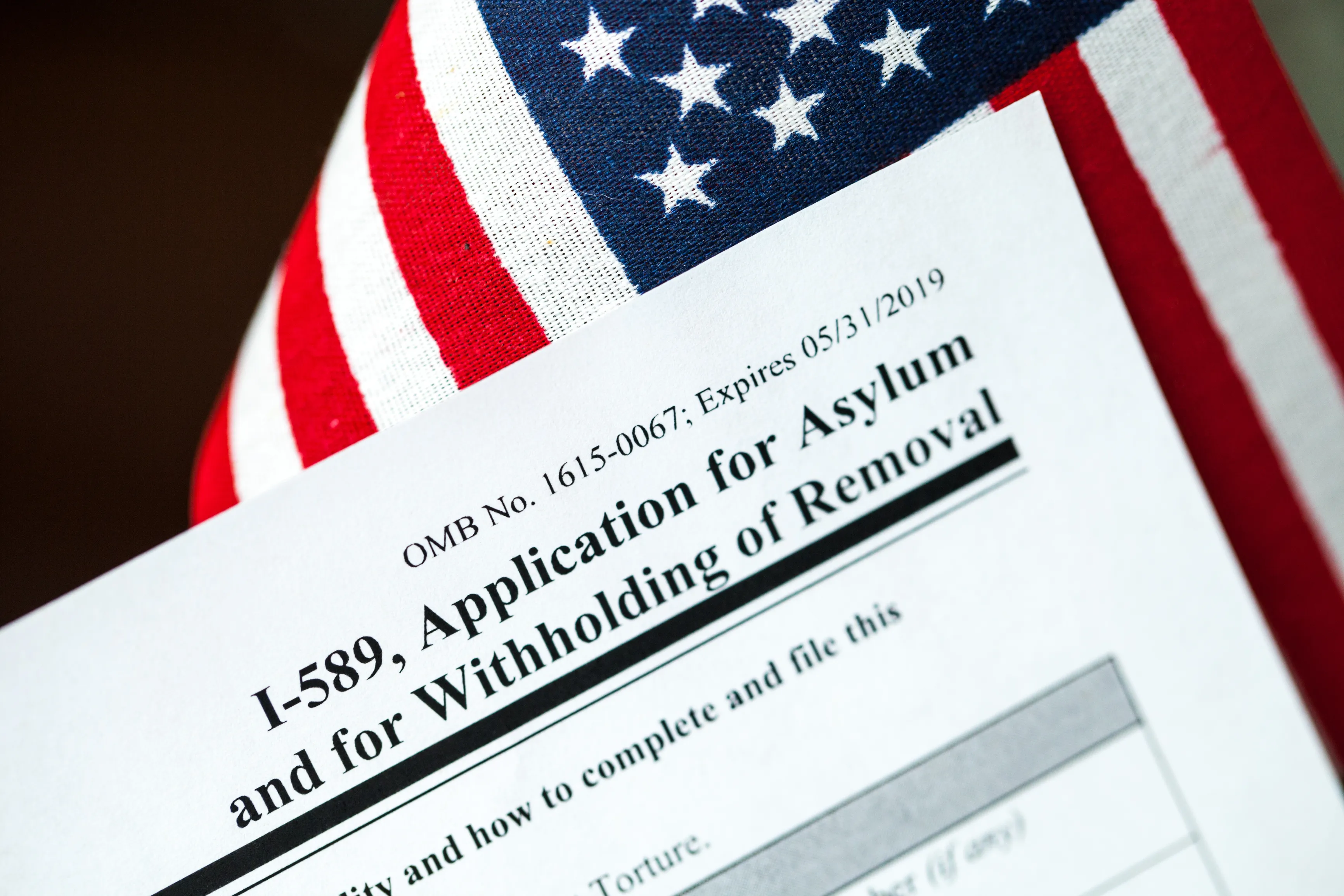
North Dakota retiree: Fixing Social Security requires careful thought, discussion
Click play to listen to this article.
(Prairie News Service) Congress faces increasing pressure to adopt changes to keep Social Security on firm financial ground in the years to come.
North Dakota retirees are sharing their thoughts about key challenges facing the program. It is not losing money as fast as once thought but a recent federal report predicted Social Security will be unable to pay full benefits a decade from now if moves are not made ahead of time.

Eddie Johs, a retiree from Fargo and an AARP volunteer, receives Social Security benefits in addition to a pension. He feels he is one of the lucky ones who does not rely solely on monthly payments from the safety net.
"I realize many people don't have a pension," Johs noted. "Social Security is just a lifeline for those people."
He said some self-employed individuals and those receiving lower wages face barriers in securing larger nest eggs. Johs will attend a Social Security Summit hosted by AARP next Tuesday at the Fargodome from 10 a.m. to 2 p.m. He hopes fellow retirees listen in to what elected officials and others have to say about potential solutions and the program's impact.
Congress has long been at odds over how to address the solvency issue. Democrats often push for higher earners to be taxed on more of their income, while some Republicans have floated raising the retirement age. Johs suggested a variety of changes are likely needed but he is skeptical about asking people to work longer for the benefits they've earned.
"People that work construction or work outside, city employees, that'd be tough to work at age 65 and up when you do outdoor physical work," Johs stressed.
Currently, the full benefit retirement age is 66 for those born in 1955, and it will gradually rise to 67 for those born in later years. In the U.S. House, the Republican Study Committee has called for what it describes as "modest adjustments" to the retirement age to account for increases in life expectancy.

















